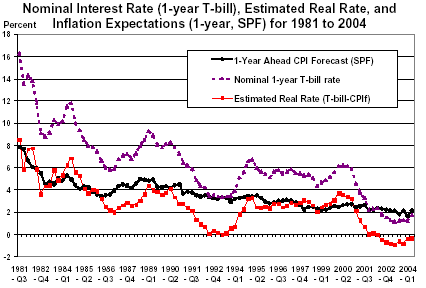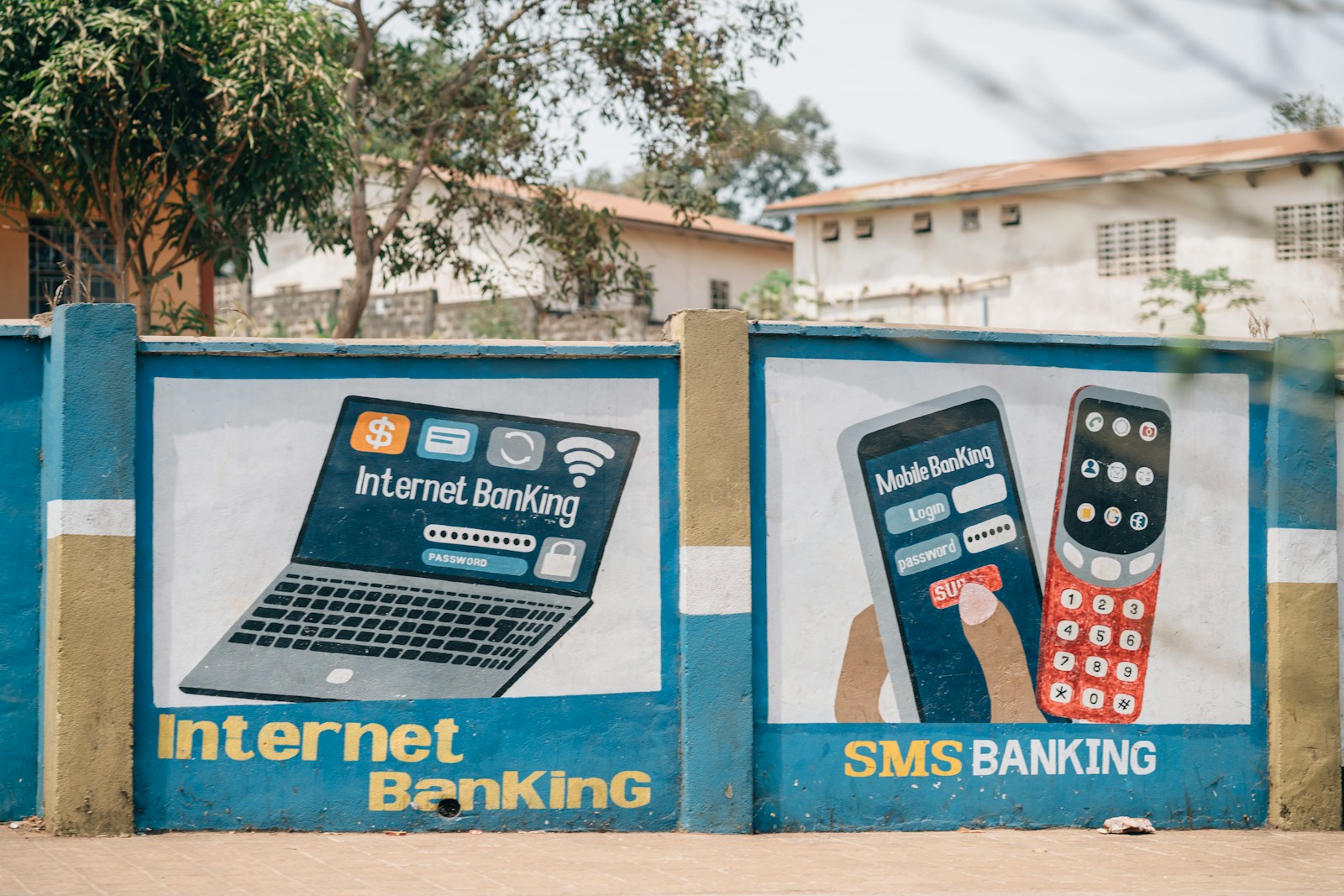
Inflation expectations in South Africa have sharply declined to their lowest level in nearly four years, according to a report released by the Bureau for Economic Research (BER) this week. The results could significantly influence the South African Reserve Bank (SARB)‘s monetary policy as it prepares for its next rate-setting meeting later this month.
The average inflation expectation among analysts and business leaders has dipped to around 4.8% for the next 12 months — well within the SARB’s official target range of 3% to 6%. This easing in inflationary pressures provides the Reserve Bank with potential room to begin cutting interest rates for the first time since 2022.
Economists suggest that declining inflation expectations signal a stabilizing economic environment that may allow the SARB to support growth without risking price instability. “This is a crucial turning point,” said Lerato Mthembu, an economist at RandBank. “It suggests inflation is finally becoming anchored, which is what the Reserve Bank has been aiming for.”
Why Inflation Expectations Matter
Inflation expectations are a key indicator of future inflation trends. If households and businesses anticipate higher prices, they often adjust their behavior — raising wages, increasing prices, or shifting investments. When expectations fall, it reduces pressure on the economy and the central bank to act aggressively.
This recent decline in expectations aligns with a broader trend of easing price increases globally. Energy prices have stabilized, food inflation has slowed, and core inflation in South Africa has started to ease, dropping from a peak of 6.8% in early 2024 to just under 5% in mid-2025.

According to the latest BER inflation survey, expectations for 2026 and 2027 remain close to 5%, suggesting confidence in SARB’s inflation-targeting framework.
Will the SARB Cut Rates This Month?
The SARB has kept interest rates steady at 8.25% for the last three meetings, citing concerns over inflation persistence and currency volatility. However, with inflation expectations retreating, many analysts are forecasting a 25 basis point cut at the upcoming Monetary Policy Committee (MPC) meeting scheduled for July 18, 2025.
“We now see a 60% probability of a rate cut,” stated an analysis from Nedbank Research. “If global conditions remain supportive and the rand stays relatively stable, the SARB could move to support domestic demand and ease financial conditions.”
Still, the decision won’t be automatic. The Reserve Bank has maintained a cautious tone, emphasizing data dependence. External risks, such as geopolitical tensions and the US Federal Reserve’s stance, may still influence the final call.
Impact on the South African Economy
Should the SARB proceed with a rate cut, it could have wide-reaching implications. Lower interest rates would ease the burden on consumers and businesses alike, potentially spurring economic activity in the second half of the year.
The manufacturing and retail sectors, both under pressure from sluggish demand, would be among the biggest beneficiaries. At the same time, households carrying variable-rate loans would enjoy relief from high borrowing costs, boosting consumer confidence and household spending.
Meanwhile, the rand has remained relatively stable, trading around R18.20/USD — a level that supports imported inflation moderation without threatening capital outflows.
For a broader context on how inflation rates affect economic growth, see IMF’s latest World Economic Outlook.
Looking Ahead
As inflation expectations ease, all eyes will now turn to the SARB’s July MPC meeting. The outcome could set the tone for monetary policy over the rest of 2025 and into 2026. While one rate cut may not dramatically change conditions overnight, it would signal a more accommodative stance going forward — a potential lifeline for a sluggish economy.
With inflation stabilizing, economic growth flatlining, and fiscal risks looming, the SARB faces a delicate balancing act. However, this rare window of opportunity may finally allow policymakers to shift toward supporting growth without jeopardizing long-term price stability.
Related article: Consumer spending hits 5-year low in Q2 2025
for more details: South African Reserve Bank media releases
Thanks for reading. for more news please visit our website: africatrademonitor.com



